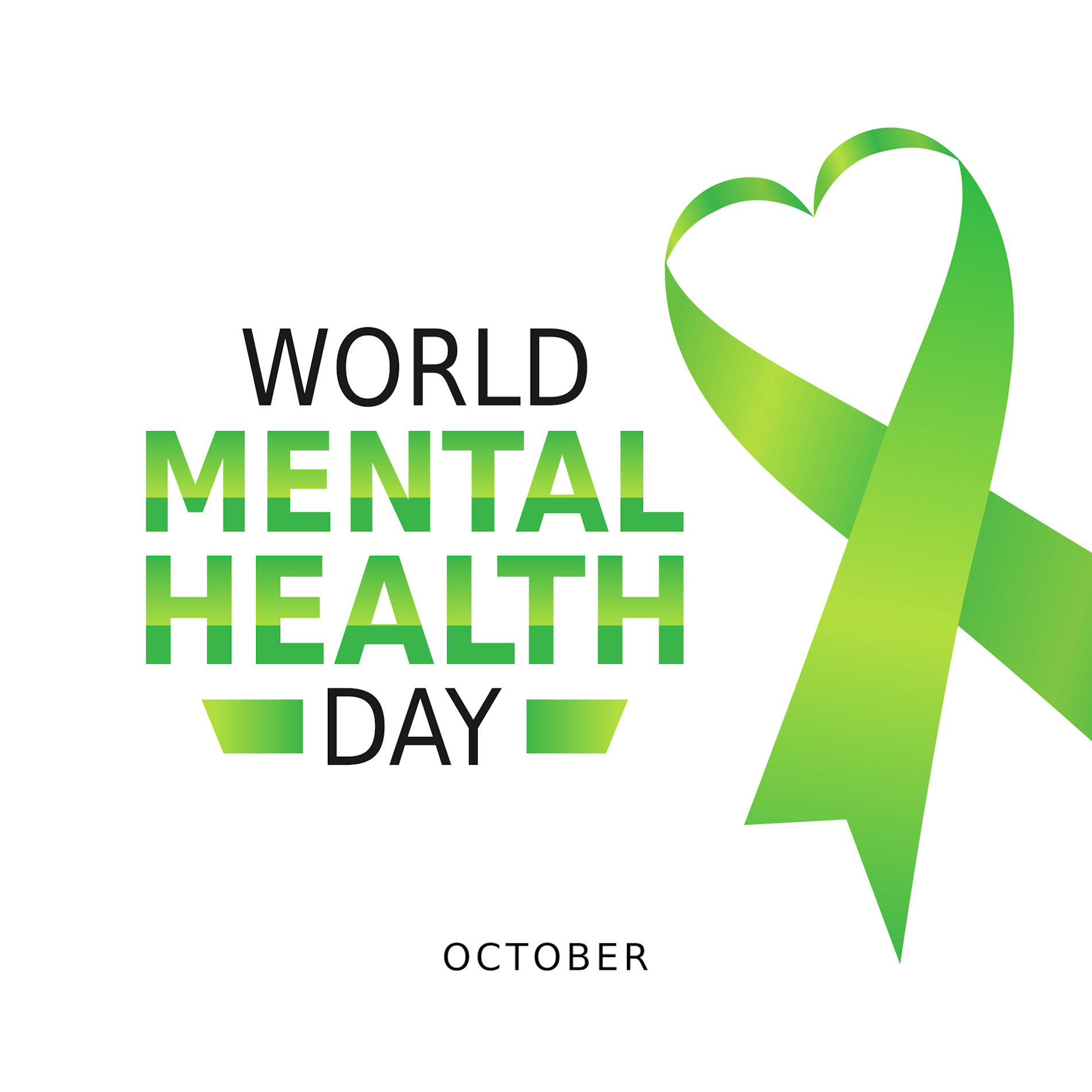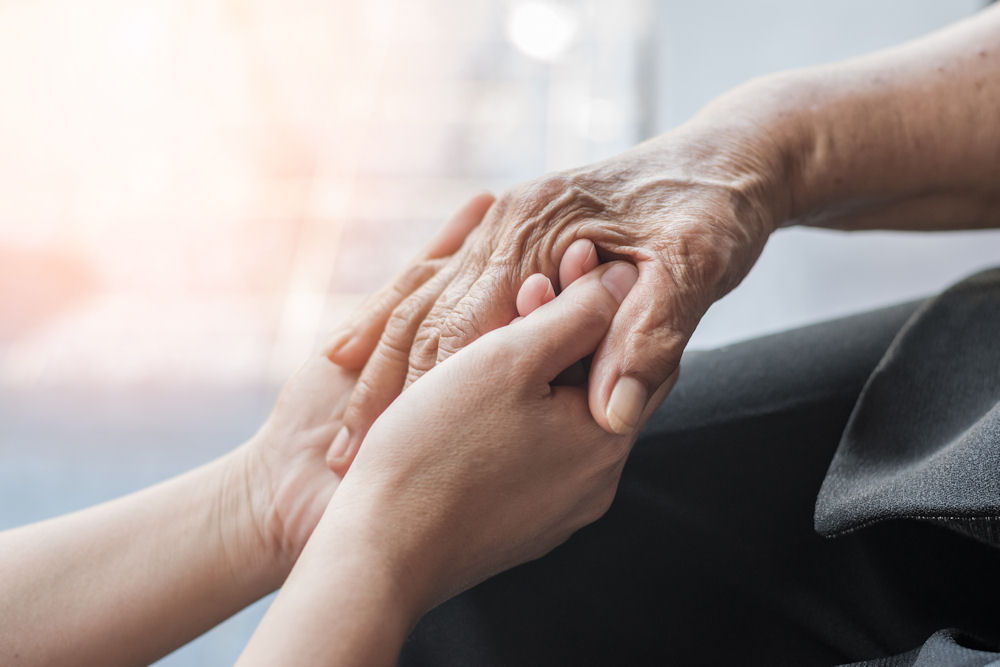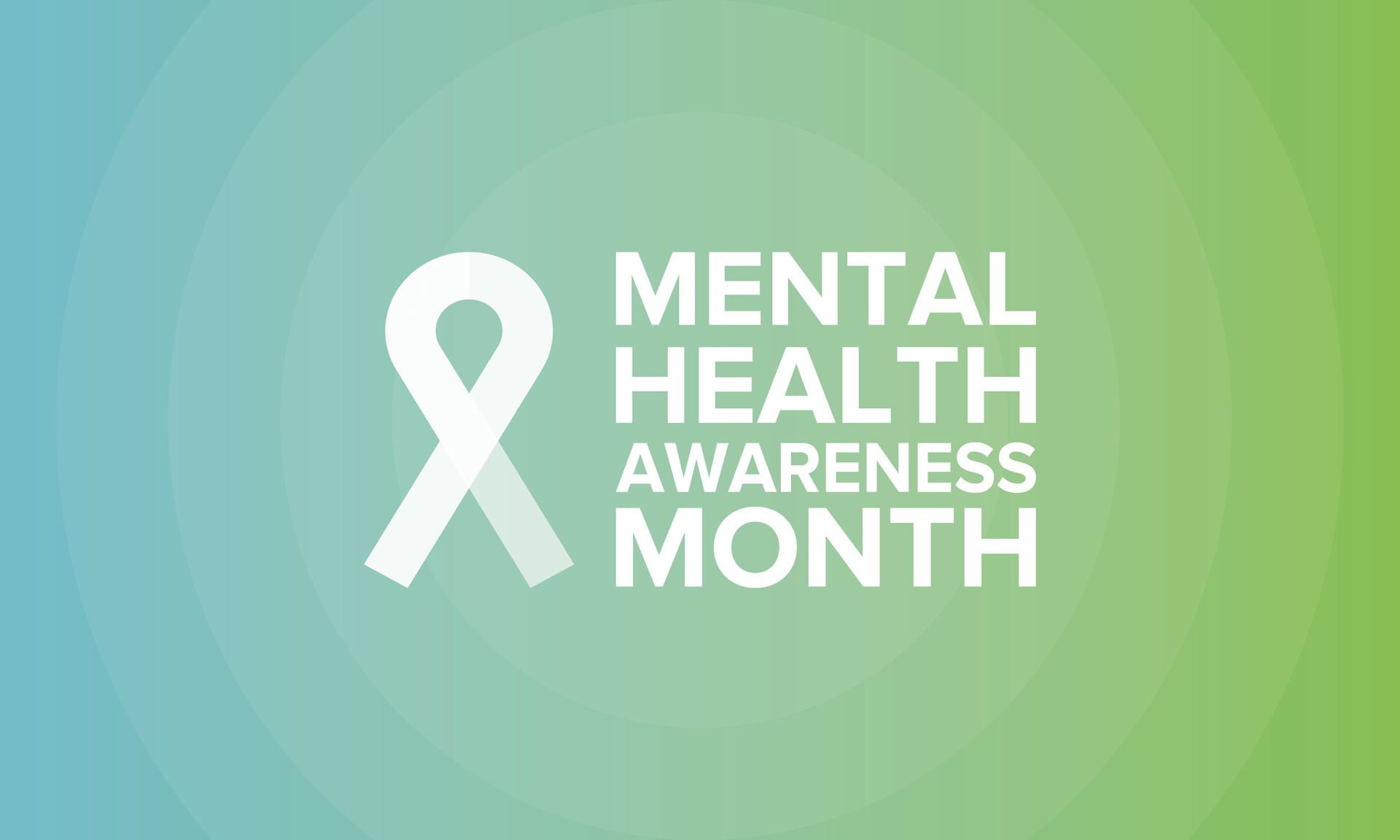Everyone knows the process of making New Year’s resolutions and goals, for better or for worse. Many people set well-intentioned goals about losing weight, improving organization, quitting drinking or smoking, or improving finances. There’s nothing wrong with setting these kinds of goals, but what about goals for mental health? Simply stating “I want to be happier” isn’t going to enhance your mental health, but setting specific and attainable goals can. Plus, working toward your mental health goals can help you achieve your other New Year’s resolutions more easily.
At Granite Mountain Behavioral Healthcare in Prescott Valley, Arizona, our goal at our rehab facility is to help people struggling with co-occurring disorders (Addiction and mental illness) have access to the high-quality care they need. You’ve come to the right place.
What are Mental Health Goals?
Mental health goals pave the way for overall well-being and personal growth. They often include objectives that include the following:
- Reducing anxiety levels
- Managing stress effectively
- Enhancing self-esteem
- Fostering positive relationships
- Improving coping mechanisms
Setting these goals can be instrumental in promoting mental resilience and maintaining a balanced state of mind. However, it is important to remember that mental health goals are unique to each individual and may change over time. Mental health goals can be short-term or long-term. Short-term goals are typically achievable within a few weeks or months; long-term goals may take years to achieve. It is important to set realistic and attainable goals for your mental health. This will increase your chances of success and motivation to continue working towards them.
Why Are Mental Health Goals Important?
Mental health goals are essential; they help to promote overall well-being, enhance emotional resilience, and improve one’s quality of life. They provide a sense of direction, fostering motivation to undertake healthy habits and behaviors geared towards improving mental health. By setting mental health goals, individuals can track their progress, recognize their accomplishments, and create an actionable plan to confront challenges. They serve as a powerful tool in managing mental health conditions such as anxiety and depression. They do this by providing a structured approach to dealing with such issues.
How to Set Mental Health Goals

Setting mental health goals can be an integral part of achieving a balanced and well-rounded life. It’s imperative to identify what areas of your mental health you want to improve. This could be anything from reducing anxiety, improving mood, or boosting self-esteem. In addition to this, it’s important to implement SMART goals. SMART goals are those that are specific, measurable, achievable, relevant, and time-bound. This might mean setting a goal to meditate for 10 minutes every morning for a month or to write in a gratitude journal each night before bed. It also helps to remember to be kind to yourself. Progress may be slow, and there may be setbacks along the way, but every step toward your goal is a step in the right direction.
Examples of Mental Health Goals
Setting mental health goals can play a crucial role in managing mental health challenges and promoting overall well-being. Some examples of mental health goals may include the following:
- Regular exercise
- Mindfulness practice
- Healthy sleep habits
- Positive social connections
- Balanced diet
- Professional help
How Does Regular Exercise Help Mental Health?
Regular exercise plays a significant role in maintaining and improving mental health. It releases endorphins, the body’s natural mood elevators. This can help to reduce stress, anxiety, and feelings of depression. Additionally, regular physical activity promotes better sleep patterns, leading to increased energy and improved concentration during the day. Engaging in exercise also bolsters self-confidence through the achievement of fitness goals and appreciation of one’s physical appearance. Ultimately, the mental health benefits of regular exercise underscore its integral role in an overall healthy lifestyle.
How Does Mindfulness Practice Help Mental Health?
Mindfulness practice plays a crucial role in mental health care; it fosters a sense of present-moment awareness that can decrease anxiety and improve mood. Additionally, mindfulness practice helps individuals to observe their thoughts and feelings without judgment. This has the potential to break the cycle of rumination and worry that often accompanies mental health conditions. Mindfulness practice also promotes stress reduction and relaxation, providing a powerful tool for managing daily life challenges. Studies have also suggested that mindfulness can physically alter the brain, strengthening areas associated with emotional regulation and focus.
How Do Healthy Sleep Habits Help Mental Health?
Healthy sleep habits significantly impact mental health, playing a key role in mood regulation, cognitive processing, and overall brain function. Adequate sleep allows our brains to process emotions, experiences, and memories more effectively. Conversely, sleep deprivation can lead to an increased risk of mental health disorders such as depression, anxiety disorders, and mood swings.
How Do Positive Social Connections Help Mental Health?
Positive social connections play a crucial role in promoting mental health. They offer a sense of belonging, improve self-confidence, and provide an avenue for emotional support in times of stress. These interactions can stimulate positive emotions, reducing the risk of anxiety and depression. Additionally, social bonds can encourage healthy lifestyle habits, such as regular exercise and proper nutrition, which further boosts mental well-being.
How Does a Balanced Diet Help Mental Health?
A balanced diet plays a crucial role in shaping mental health. Nutrient-rich foods like fruits, vegetables, lean proteins, and whole grains supply essential vitamins and minerals that facilitate the proper functioning of the brain. Regular intake of a balanced diet provides the necessary fuel for the brain, promoting mental clarity, improved mood, and overall psychological well-being.
How Does Professional Help Impact Mental Health?
Professional help can have a profound impact on mental health. Therapists and psychiatrists provide critical support, advice, and treatment options for individuals experiencing mental health challenges. They can help individuals navigate their thoughts and emotions, offer coping strategies, and provide a safe space for open dialogue. This professional intervention can lead to improved mental well-being. This could include reduced symptoms of anxiety, depression, and other mental health disorders, ultimately promoting a healthier, more balanced life.
The Difference Between Resolutions and Intentions
Resolutions and intentions, while seemingly similar, carry slightly different connotations. Resolutions are firm decisions to do or not do something, often associated with the start of a new year. They are specific, measurable, and time-bound. For example, a person might make a resolution to lose 10 pounds within three months. On the other hand, intentions are more about the journey rather than the destination. They embody an attitude or mindset one wishes to cultivate and are typically broader and less measurable. An intention might be to live a healthier lifestyle, which could encompass a variety of behaviors. These may include eating better, exercising more, and reducing stress.
How to Set Intentions; Not New Year’s Resolutions
Setting intentions, as opposed to forming New Year’s resolutions, allows people to approach life with a positive perspective and purpose. The process begins with identifying what matters, what an individual values, and what they aspire to manifest in their lives. It’s helpful to find a calm, quiet space to reflect deeply on these matters. Once intentions have been identified, they can be written down, making them more tangible and real. To reinforce intentions, people can create practices such as meditation or journaling. Setting intentions isn’t about striving for perfection or rigidly adhering to a plan. Instead, it’s about cultivating a mindset of openness, growth, and possibility.
Accomplishing Goals Means Enjoying Rewards
Achieving personal or professional goals often brings about a sense of joy and satisfaction, which can be seen as the reward for one’s hard work and dedication. These rewards are not always tangible, like a promotion or a bonus; they can also be intangible, such as the feeling of accomplishment, increased self-esteem, or the respect and admiration of others. This intrinsic reward system serves as a powerful motivator, encouraging individuals to set higher goals and strive for continuous improvement.
How Do I Stay Committed to My Mental Health Goals?
Committing to mental health goals is a continuous journey that requires dedication, self-awareness, and patience. Many different strategies can help, including the following:
- Setting habit-oriented goals
- Setting mission-oriented goals
- Seek support
- Practice self-compassion
Setting Habit-Oriented Goals
In the pursuit of personal growth and self-improvement, setting habit-oriented goals is a key strategy. Unlike outcome-based goals which focus on the result, habit-oriented goals concentrate on the process. They encourage the establishment of positive patterns of behavior that can lead to long-lasting change. By setting habit-oriented goals, we focus on the small, daily actions that culminate into significant transformation over time. This approach fosters consistency and builds resilience, enabling us to tackle challenges and attain success in our endeavors.
Setting Mission-Oriented Goals
Setting mission-oriented goals is an effective strategy for maintaining focus and achieving success. These are goals tied to a larger purpose or mission, creating a strong sense of direction and personal investment. A mission-oriented goal could be, for example, “Improving my coding skills to develop an app that assists individuals with disabilities”, where the mission is to create a positive societal impact. By setting such goals, we not only keep ourselves motivated but also add meaning to our efforts, fostering both personal growth and broader positive change.
You’re Not Alone At Granite Mountain
There are many mental health strategies that one can utilize to improve their life. At Granite Mountain, we’re here to help. If you or a loved one would like to find out more, you can contact us here.











